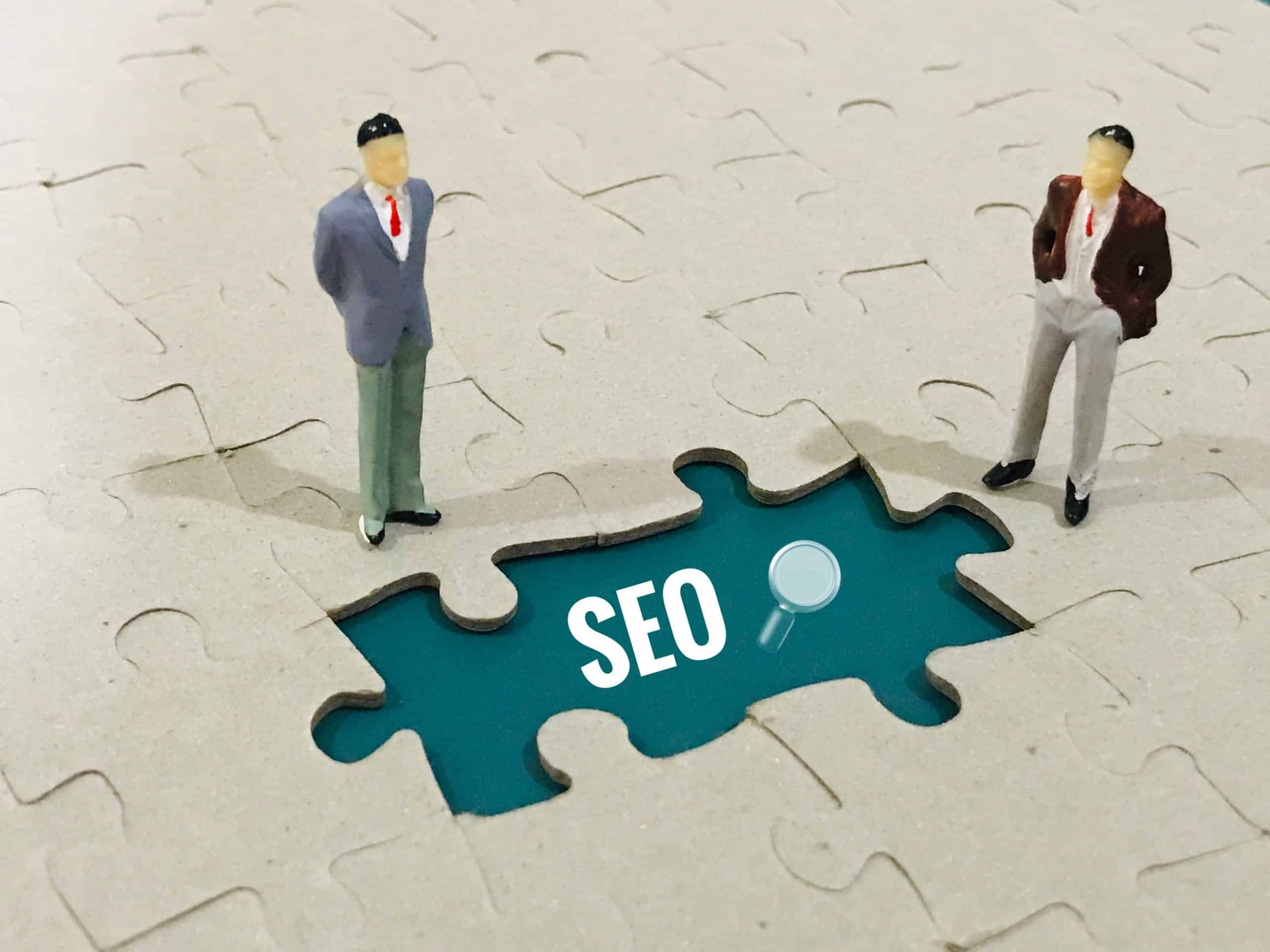How can real estate developments be optimized for water conservation and management?

Introduction
In today’s world, water conservation plays a pivotal role in reducing the environmental footprint of real estate developments. With the increasing global water crisis, it becomes crucial for real estate developers to consider sustainable practices that effectively manage the consumption and usage of water in their building projects. These practices not only reduce water usage but also serve to lower energy consumption, further contributing to a sustainable environment.
Incorporating Water-Efficient Fixtures and Systems
To start with, integrating water-efficient fixtures can substantially reduce water usage in real estate buildings. Water-efficient faucets, showerheads, and toilets can decrease a building’s water consumption by as much as 20%, while also reducing the energy used to heat water. Additionally, energy-efficient appliances like dishwashers and washing machines also contribute to lowering water and energy usage.
Sujet a lire : What Are the Latest Innovations in Renewable Energy and Sustainable Living?
Innovative water systems can further enhance water efficiency in buildings. One such system is the greywater recycling system, which reuses water from sources like showers, sinks, and washing machines for non-drinking purposes like flushing toilets and irrigation. This not only reduces water consumption but also lessens the load on municipal sewer systems.
Sustainable Irrigation Practices
Irrigation systems in real estate developments, particularly in large-scale projects with substantial landscaped areas, can consume a significant amount of water. However, sustainable irrigation practices can help to manage this consumption.
En parallèle : What Are the Best Practices for Managing Concussions in Youth Contact Sports?
Smart irrigation controllers, for instance, can adapt to weather changes and soil conditions, ensuring that plants receive water only when necessary. Drip irrigation systems are another effective method, as they deliver water directly to the plant’s roots, thereby reducing water wastage.
Incorporating native plants into the landscape design can also drastically reduce the need for irrigation as these species are adapted to the local climate and require less water.
Rainwater Harvesting Systems
Rainwater harvesting systems are a highly sustainable method for water conservation in real estate. By collecting and storing rainwater, these systems provide an alternative source of water for various non-drinking uses in a building, such as flushing toilets, cleaning, and irrigation.
Besides reducing water consumption, rainwater harvesting systems can also help manage stormwater runoff, thereby lessening the burden on municipal sewer systems. Additionally, the harvesting system reduces the demand on groundwater supplies, preserving this precious resource for future generations.
Implementing rainwater harvesting systems can also provide financial benefits for developers, as it can lead to lower water bills while also increasing the value of the property.
Implementing Water Management Practices
Effective water management practices should be a key aspect of any real estate development. This includes regularly monitoring and managing water usage in buildings to ensure efficiency and detect any potential issues.
To achieve this, real estate developers can implement smart water meters, which provide real-time information on water usage. This data can be analyzed to identify areas where water consumption can be reduced.
Involving building occupants in water conservation efforts is another important aspect of water management. Developers can achieve this by educating occupants about the importance of water conservation and providing tips on how they can reduce their water usage.
Embracing Sustainable Building Practices
Finally, embracing sustainable building practices is crucial for water conservation in real estate. This involves designing buildings in a way that optimizes natural resources and minimizes environmental impact.
For instance, buildings can be designed to maximize natural light, thereby reducing the need for artificial lighting and energy consumption. Similarly, green roofs can be used to manage stormwater runoff, provide insulation, and reduce the heat island effect.
In the same vein, building materials can also have an impact on water conservation. For instance, materials like concrete and steel require a significant amount of water to manufacture. Hence, opting for sustainable materials like bamboo, which requires less water to produce, can further enhance water conservation efforts.
By incorporating these sustainable and efficiency-driven practices, real estate developments can significantly contribute to water conservation and management. Not only does this lead to environmental sustainability, but it also yields economic benefits in the long run, making it a win-win scenario.
Utilizing Renewable Energy for Water Management
The use of renewable energy is gaining momentum in various sectors and real estate should not be left behind. In the context of water management, renewable energy can enhance the efficiency of water systems and reduce energy consumption.
Solar-powered water heaters, for example, can significantly reduce energy costs associated with heating water. These systems use the sun’s energy to heat water, eliminating the need for conventional electric or gas water heaters. Similarly, solar-powered irrigation pumps can be an ideal solution for large-scale landscapes, reducing reliance on conventional energy sources and promoting water conservation.
Furthermore, wind energy can be harnessed to power water management systems. In areas with favorable wind conditions, wind turbines can be used to power pumps for irrigation or other water systems. By utilizing these forms of renewable energy, real estate developers can essentially convert their properties into self-sustaining units in terms of water and energy.
Implementing these renewable energy technologies in water systems not only reduces water and energy consumption but also lowers operational costs. This, in turn, can lead to substantial savings on utility bills for both developers and building occupants. Moreover, such practices enhance the green credentials of the property, potentially increasing its market value.
Key Takeaways and Conclusion
The global water crisis necessitates efficient water management practices in all sectors, including real estate development. The key takeaway for developers is that optimizing real estate projects for water conservation and management can result in significant environmental and economic benefits.
The integration of water-efficient fixtures and innovative systems, such as greywater recycling, can drastically reduce water consumption in buildings. Sustainable irrigation practices and the use of native plants can contribute to water saving in landscaped areas.
Rainwater harvesting systems offer multiple benefits, from providing an alternative water source to managing stormwater runoff and preserving groundwater supplies. Implementing smart water meters and involving building occupants in water conservation efforts can further enhance water management.
The adoption of renewable energy for powering water systems can reduce energy consumption and offer cost savings. Lastly, embracing sustainable building practices, from designing buildings that optimize natural resources to using sustainable materials, can amplify water conservation efforts.
In conclusion, the need for water conservation in real estate developments is both an environmental necessity and a business opportunity. Developers who recognize this and incorporate water saving and management strategies into their projects can help mitigate the water crisis, contribute to a sustainable future, and gain a competitive edge in the market.
